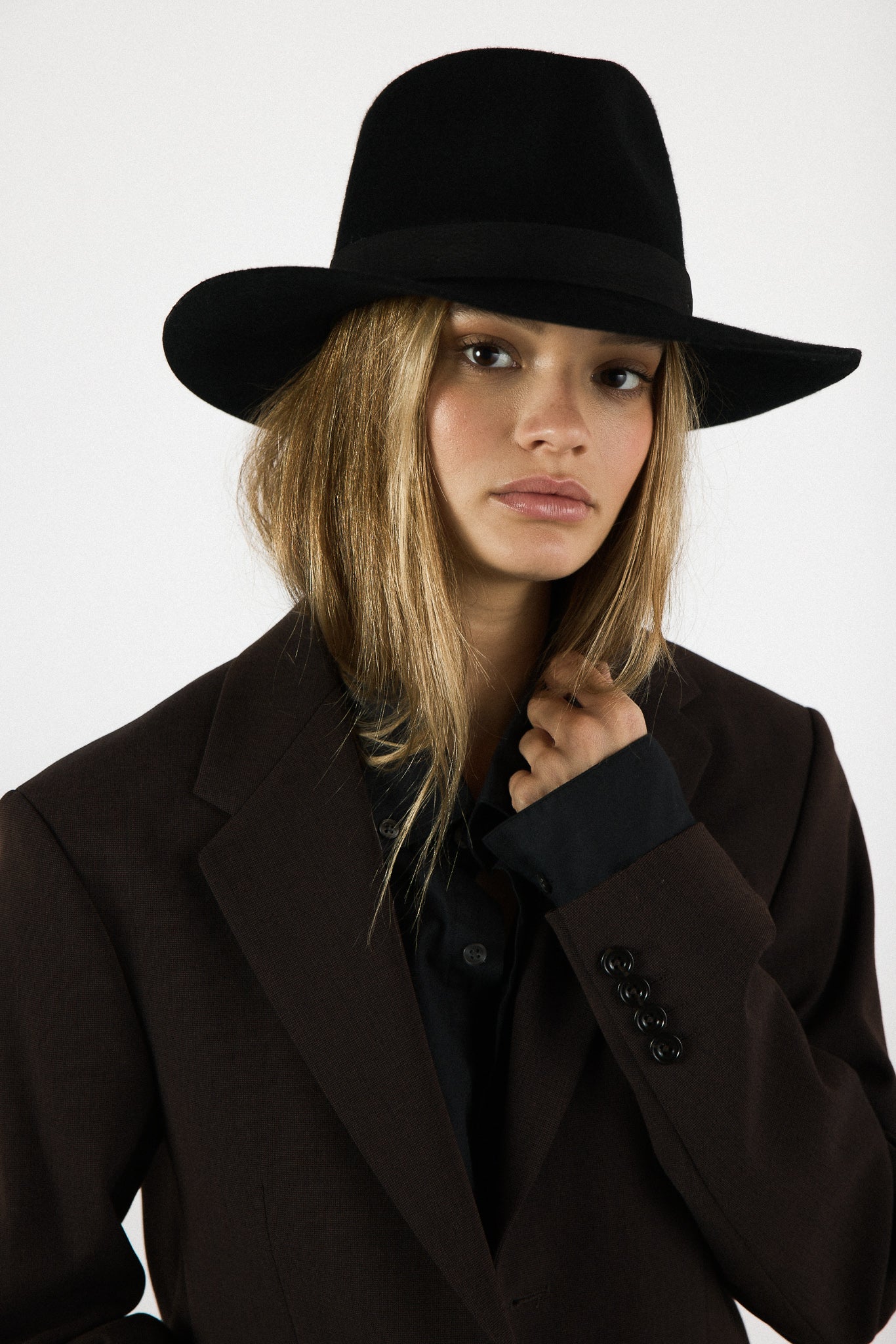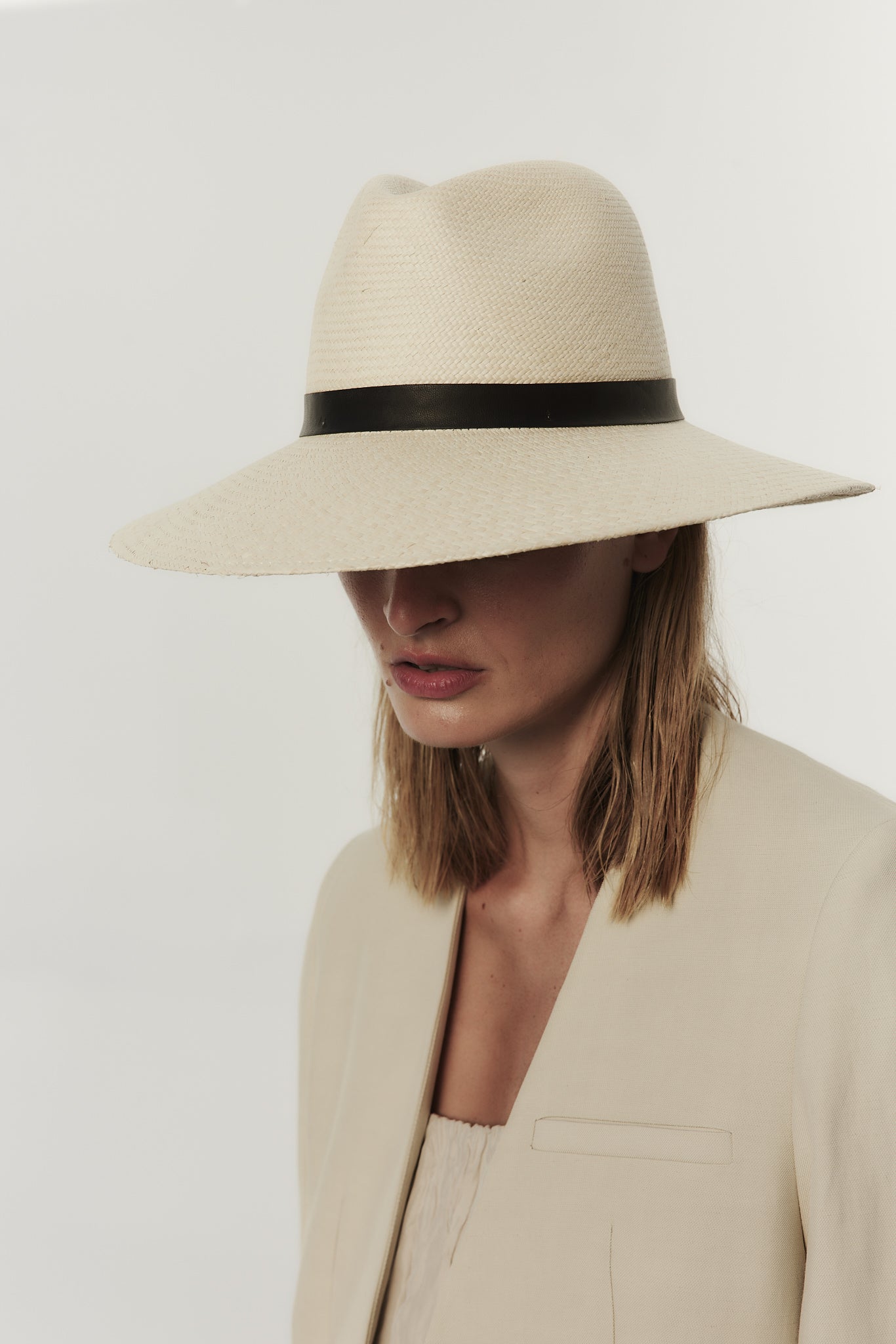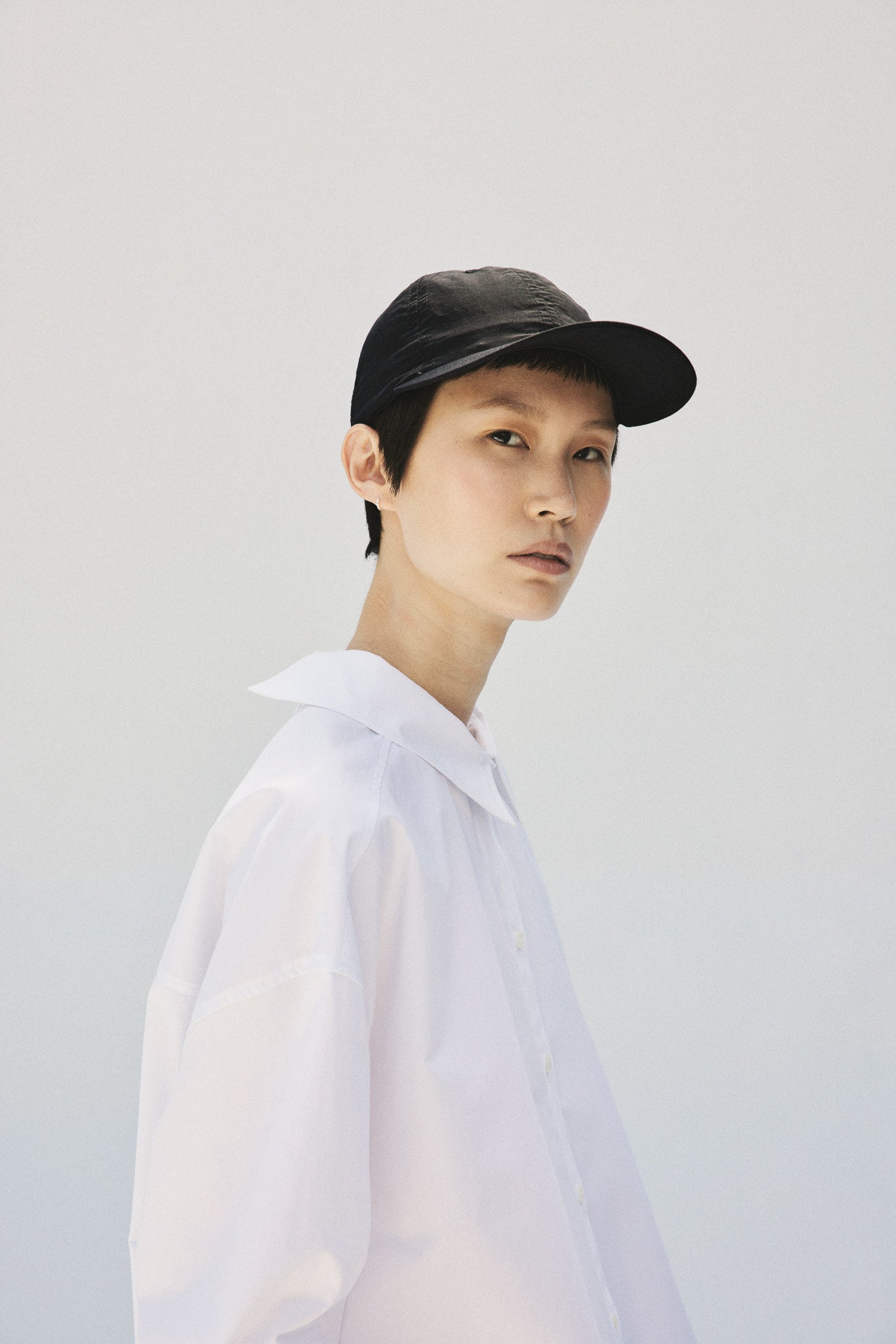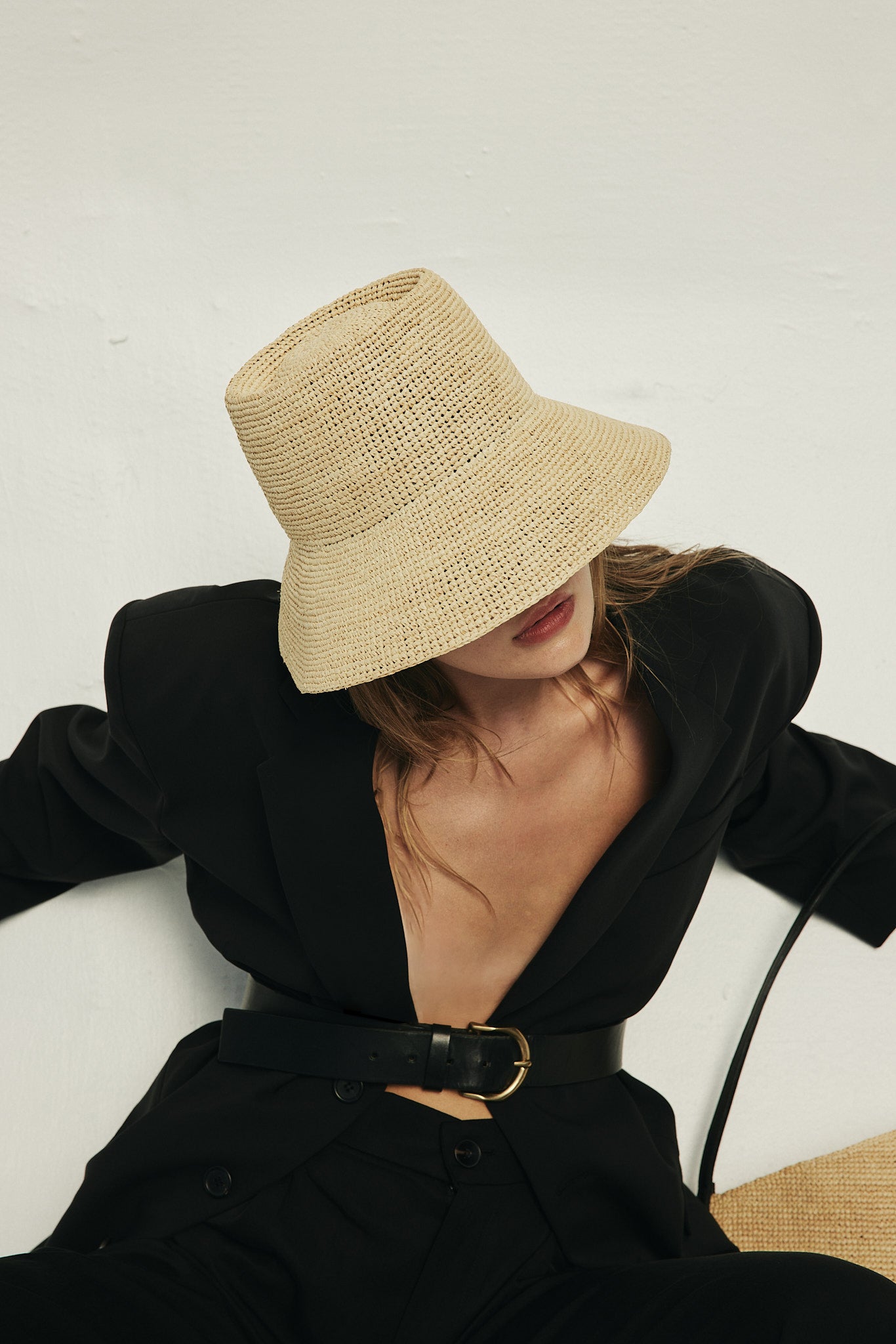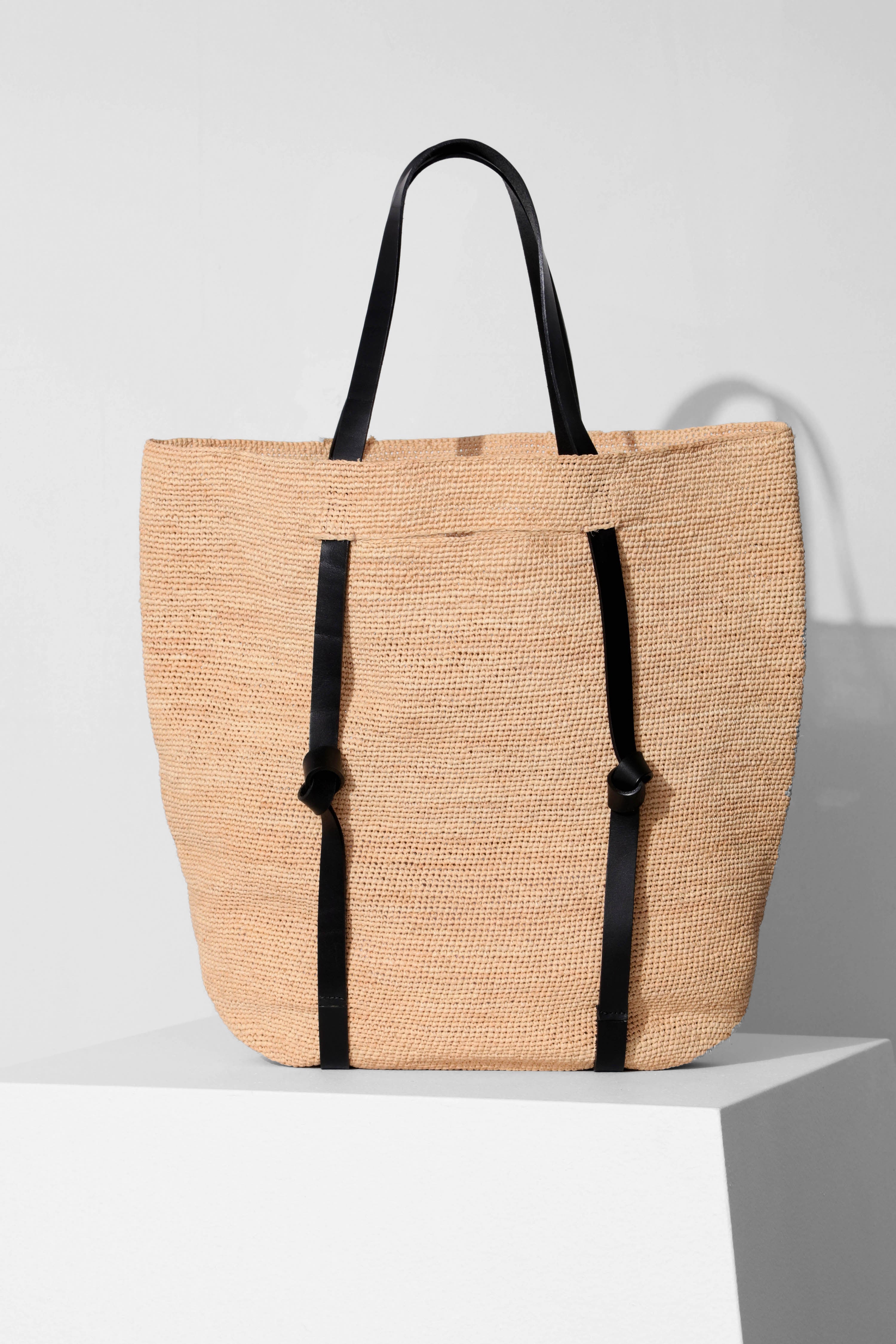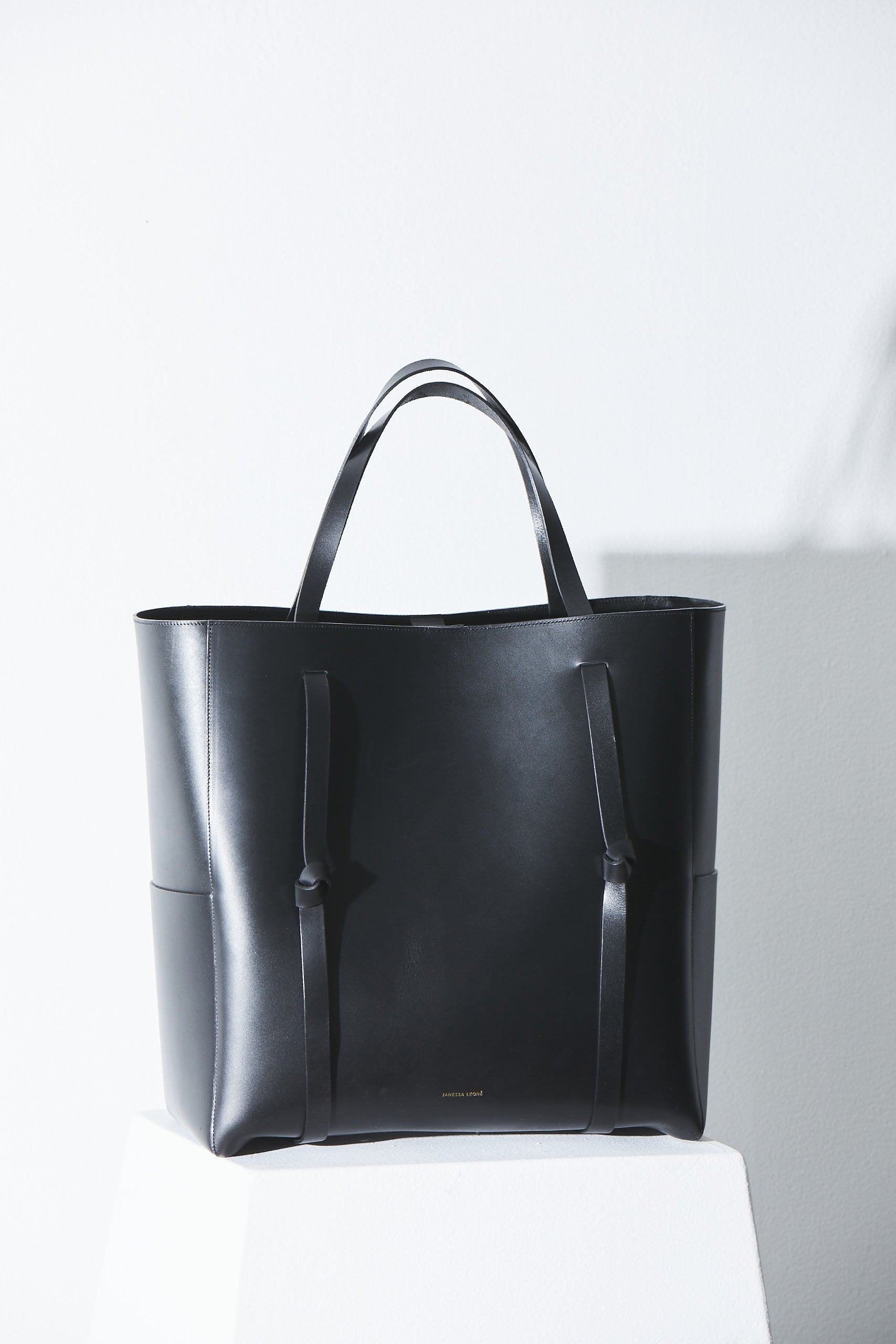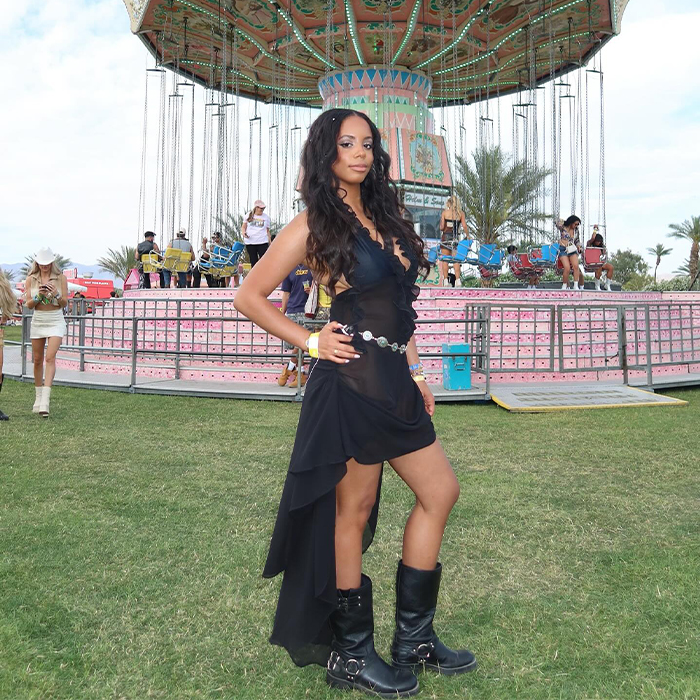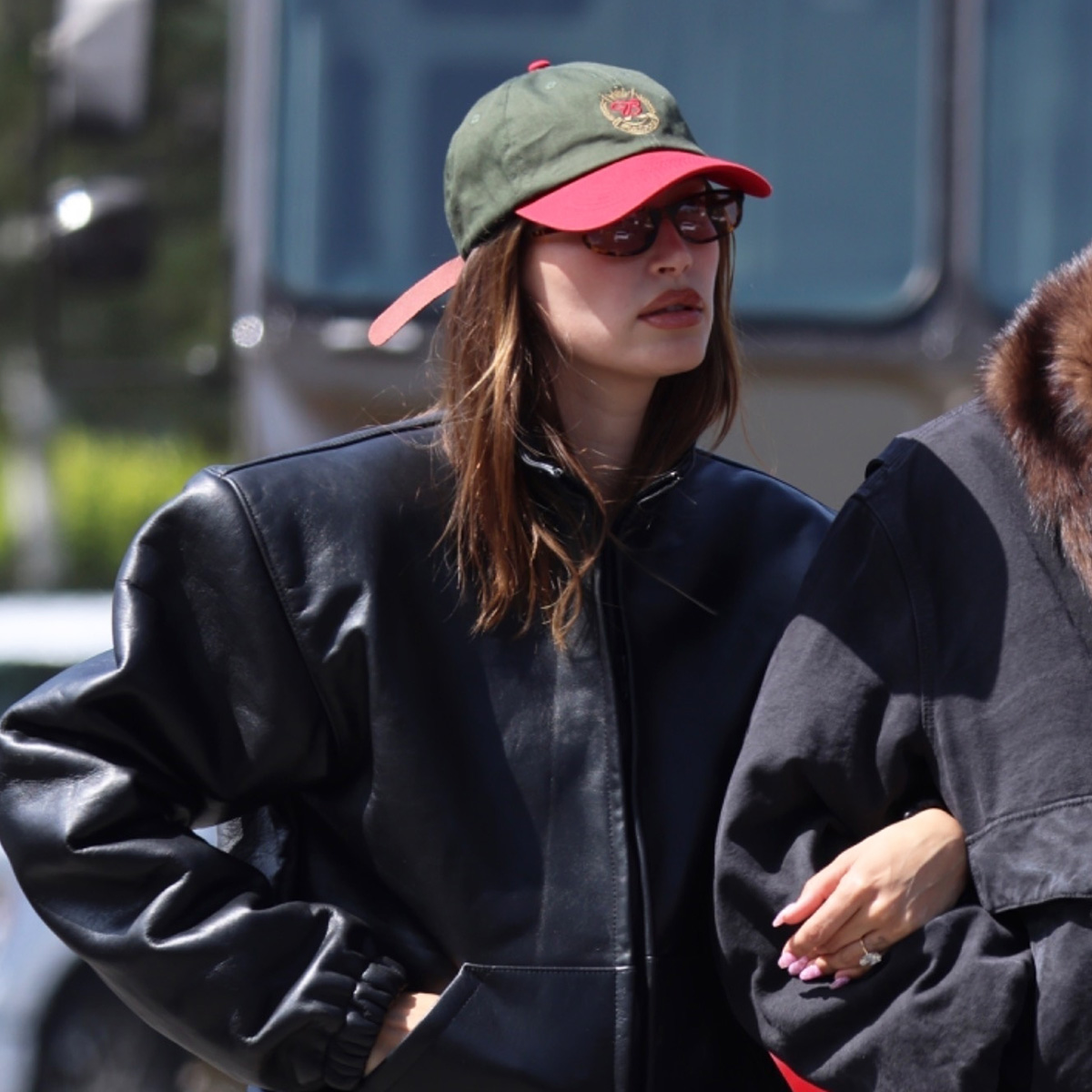Designer Janessa Leoné on Signature Hats and Regenerative Agriculture
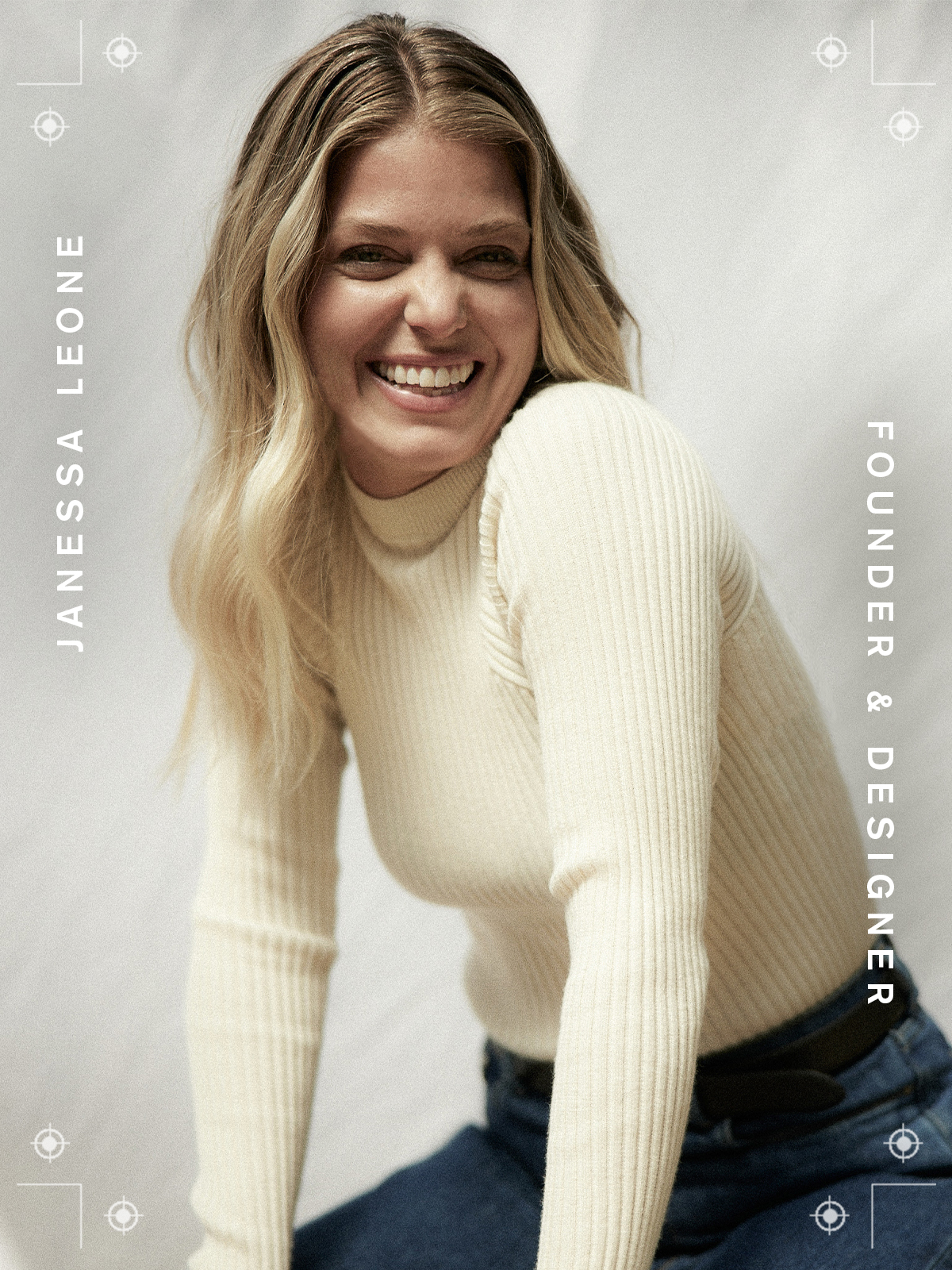
Welcome to our podcast, Who What Wear With Hillary Kerr. Think of it as your direct line to the designers, stylists, beauty experts, editors, and tastemakers who are shaping the fashion-and-beauty world. Subscribe to Who What Wear With Hillary Kerr on Apple Podcasts and Spotify.
Designer Janessa Leoné doesn't take no for an answer.
After graduating college with an English degree, Leoné knew she wanted to work in fashion but didn't know how to start.
It wasn't until a post-college trip to Paris—where she discovered the ultimate 60-year-old vintage hat—that she had her aha moment.
Upon returning to the United States, Leoné embarked on a quest to transform a men's dress hat for women.
While living with her father and working as a nanny, Leoné began cold-calling factories—including a few cowboys in Texas—to learn how she could bring her hats to life.
Eventually, her persistence paid off and a factory agreed to make six samples for her.
In 2013, Leoné launched her eponymous line of wool hats.
For the latest episode of Who What Wear With Hillary Kerr, Leoné shares how she went from nannying to launching her own brand, which hats she always packs on vacation, and more.
For excerpts from their conversation, scroll below.
How does one even start making hats? Walk me through that process.
Janessa Leoné: I graduated college with this English degree that I'm like, "Hmm. Law school or not?" The answer was not.
I really wanted to do something in fashion, but I didn't have any exposure to it. I grew up with an Italian-American grandfather who always wore these dress hats. I was exposed to a really finely made dress hat since I was young.
I went on a post-college trip to Paris and I found this hat in a vintage store that was 60 years old and it was in impeccable shape.
That was the dilemma. I loved hats, but you either had to find it in a vintage store in the Marais in Paris or go to a bespoke milliner and spend thousands of dollars. Or (I grew up in San Diego, which I know that you know this well) go to Tilly's or Sun Diego and get something from Made in China. There was no middle ground.
I was nannying for a professor and I was living at my dad's and I was just saving money, trying to figure out what was next. I didn't even know where to look.
JL: This hat that I had found in Paris, I started to ship it around to different people and people were really kind. My career started off of the general generosity of people's time like yours.
There was a lot of generosity in terms of people from the factories—and I was cold-calling cowboys in Texas—and people like Amish people in Pennsylvania. I'm like, "You guys wear hats. Where are you making them?"
Everyone did think I was a little peculiar that I wanted to make a men's dress hat for women and try to make it bring it to mass and bring it to market on its on a place that I could scale it.
It was really just persistence. If people told me no, anyone on my team will tell you, "Okay, just watch her."
So I ended up finding a factory—which was essentially cowboy hat makers—and I was like, "This is what I want to do." I used that hat that I had found and that malleability and in the softness. I was like, "I want to make it wearable. I don't want something that you could break a glass window with. Let's make it soft."
After a lot of pushback, someone agreed to make it for me. I could only afford I think it was six samples. That's what I had to launch the brand.
I sat on them for a while, because I was scared. I felt like I didn't have what it took to do this.
Then all of a sudden, press wanted it. I'm at my dad's house. I'm just like, "Holy cow, this is really insane." Then Barney's email me and they were like, "Send me this line sheet." Of course, I had to figure out what the heck they were talking about, but they were my first retailer.
What felt like a turning point for you? What were some of those early moments for you?
JL: We got so much positive feedback from really early celebrities, really early press. The first year and a half was just a whirlwind of like, "Whoa, what is happening?"
Meanwhile, I'm working full-time. I'm still nannying. This $10,000 was just to get the product going and then an inventory business, I don't have investment.
I'm just rolling cash over to try to buy the next inventory, so I'm just really trying to make this happen.
The moment was when I was named Forbes 30 Under 30, when I found out I was changing a diaper for a family that I nannied.
I had two employees already, but I was using my nanny salary to pay them, because I needed security. I needed financial security. I didn't have a backup.
The moment that I realized that this was gonna work was when I was able to actually be able to quit my full-time job. It wasn't until two years in.
I was already on Forbes. All of these things looked like they had happened and I'm still just trying to keep the ship afloat.
When I was able to quit my full-time job and be like, "I'm doing this." that was when I was like, "Okay, this is working."
It took two years of that grind.
What are some of your travel essentials? What is your favorite travel hat?
JL: My favorite travel hat is definitely a baseball cap. If I'm on a plane, I'm in a baseball hat. It's definitely a go-to.
JL: I'm wearing these raffia hats. The little buckets. Those are so easy to pack. Those are always in my suitcase.
I love traveling with our straw bags because they're so universal.
JL: We have a big leather tote that actually has a hat-carrying capability into it. I bring that along with me all the time. I travel a lot and so I'll put everything in a carry-on. I will not wait for checked baggage.
JL: I'm keeping just the essentials. Just the things to get me through that trip and things that I can recycle a lot and wear a lot. It's oversize white T-shirts, a pair of jeans, it's one pair of black boots, with one pair of heels.
It's just really pared down and really essential. A bucket hat, a baseball hat, and probably a scarf or one of our little head things that I can kind of play with and have fun with.
This interview has been edited and condensed for clarity. Next up, check out our previous episode featuring Denise Wingate.
-
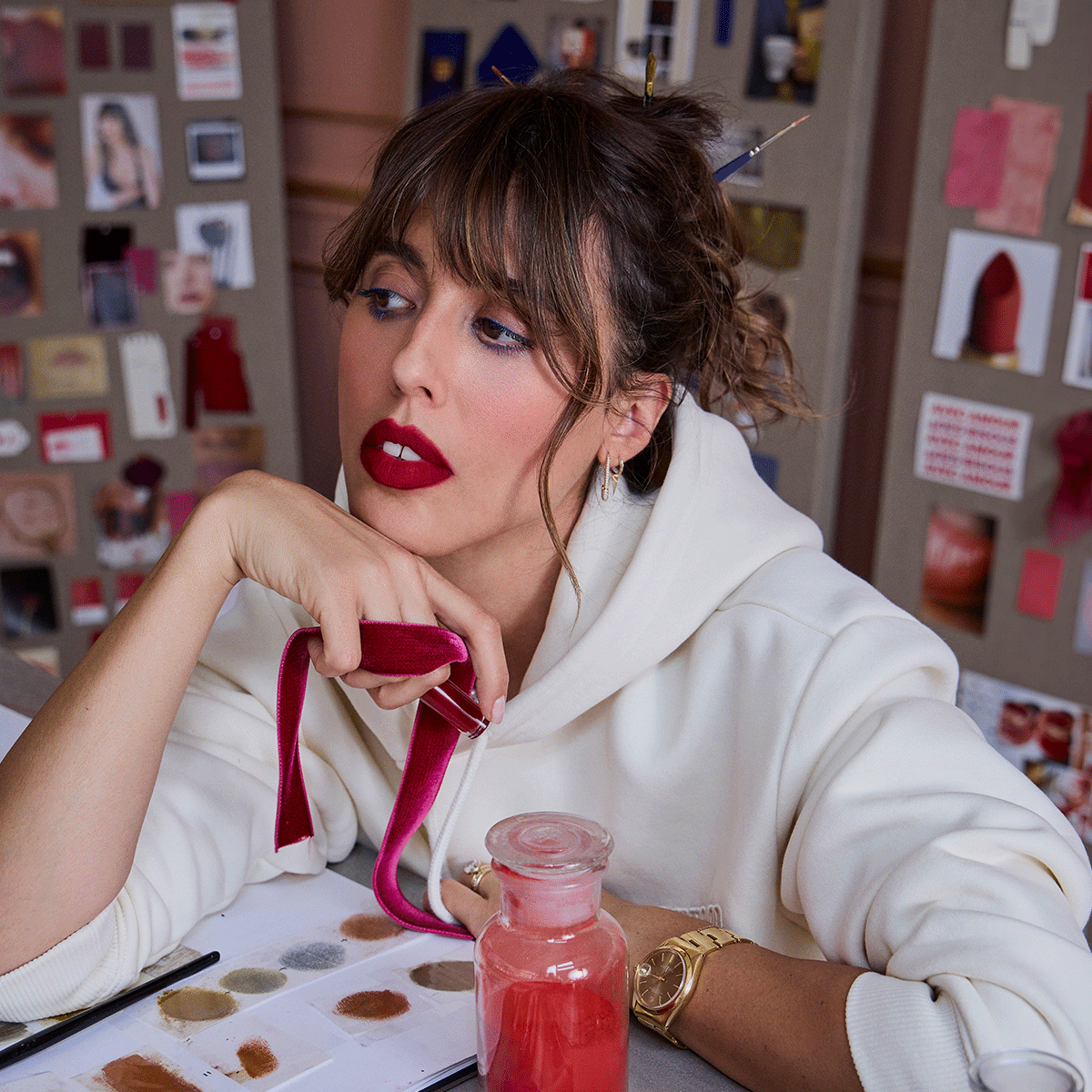 Founder Violette Serrat on How Violette_FR Went From Having a Cult Following to Launching in Sephora
Founder Violette Serrat on How Violette_FR Went From Having a Cult Following to Launching in SephoraSchool is in session.
By Madeline Hill
-
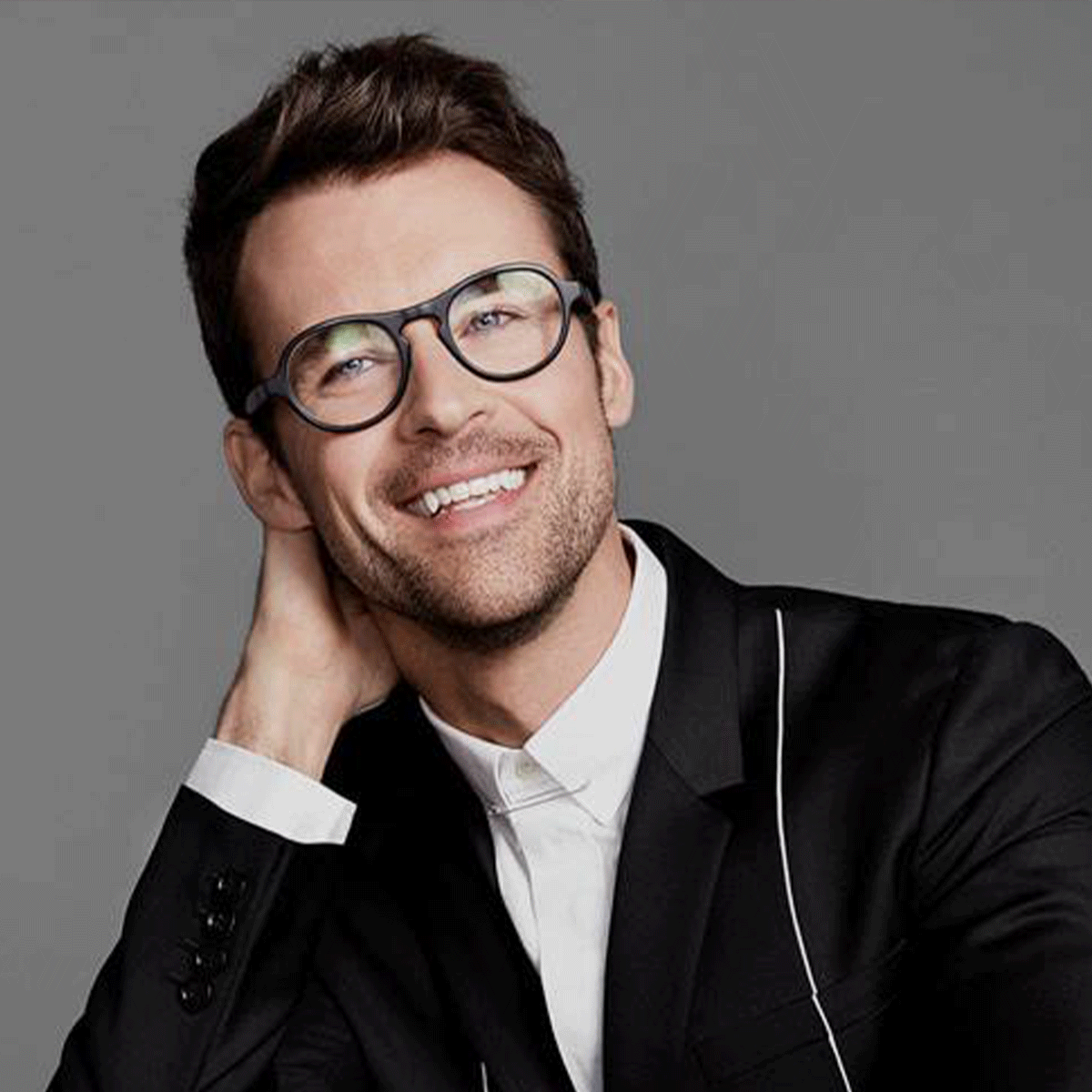 Stylist Brad Goreski on His Whirlwind Year of Red Carpet Looks for Demi Moore
Stylist Brad Goreski on His Whirlwind Year of Red Carpet Looks for Demi MoorePlus, how he brought body horror to the red carpet.
By Claire Schmidt
-
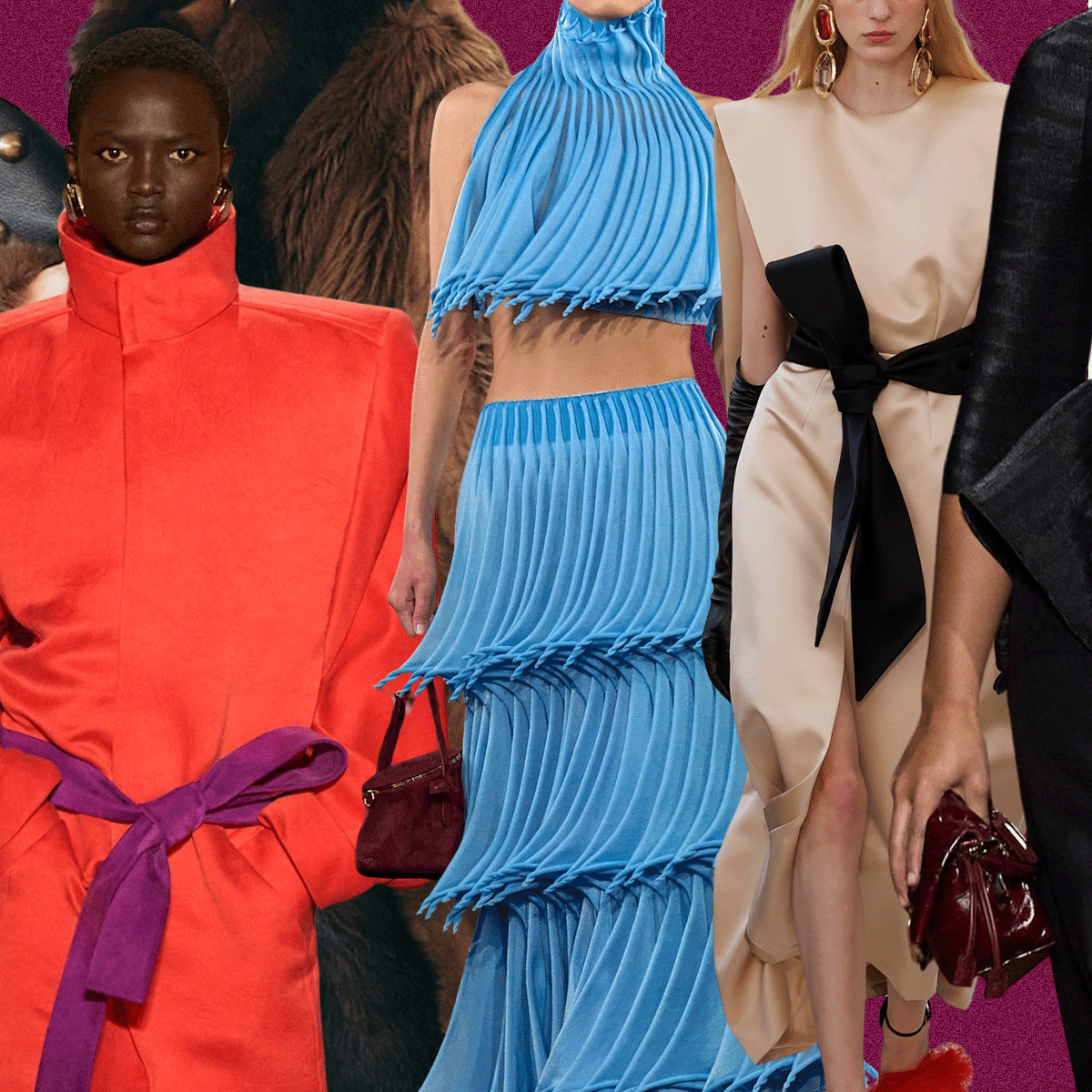 The Top Trends From Fashion Month, According to Our Editors
The Top Trends From Fashion Month, According to Our EditorsThere's a lot to keep track of.
By Madeline Hill
-
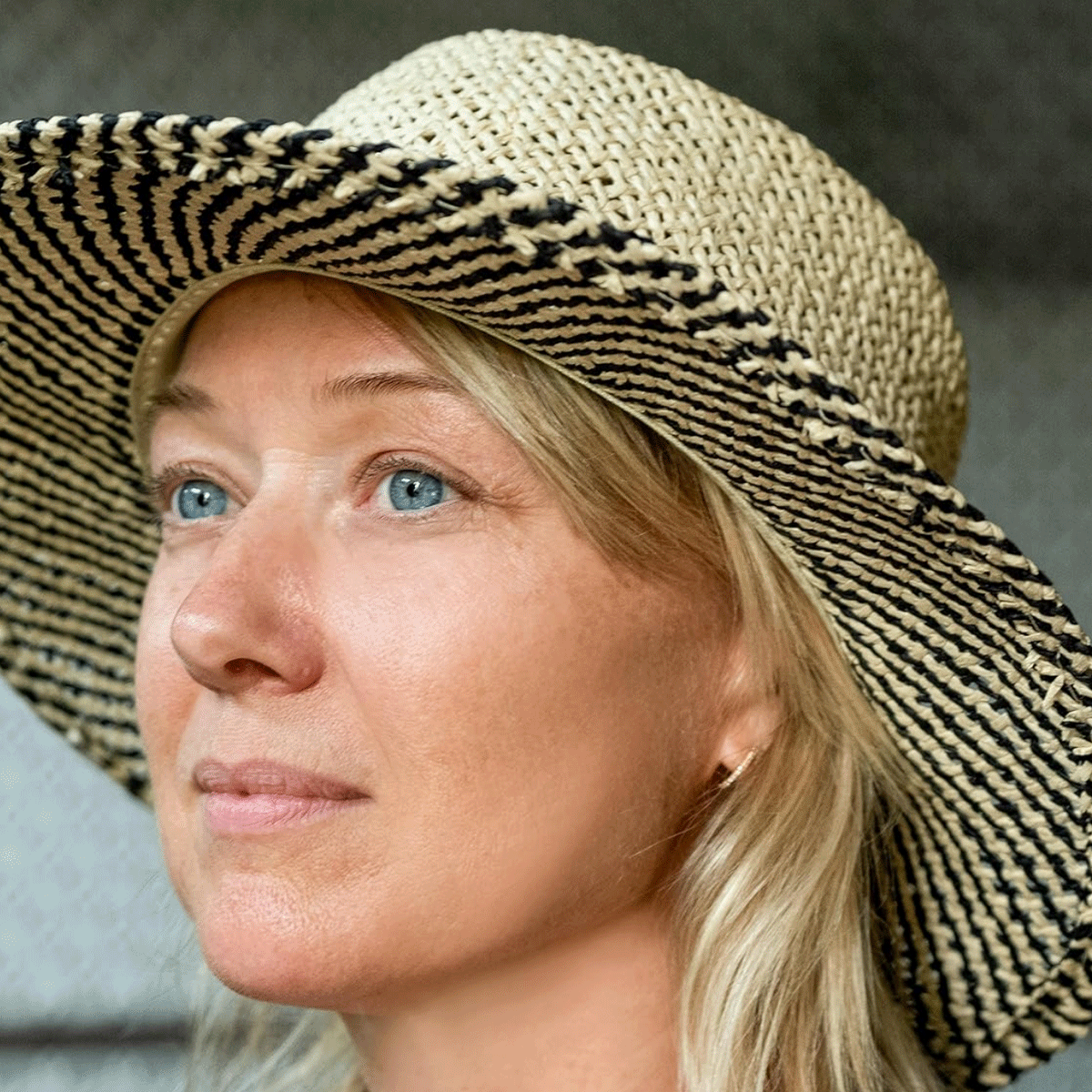 The White Lotus Costume Designer Shares How She Puts Together Those Iconic Looks
The White Lotus Costume Designer Shares How She Puts Together Those Iconic LooksPlus, how she got her start in entertainment.
By Madeline Hill
-
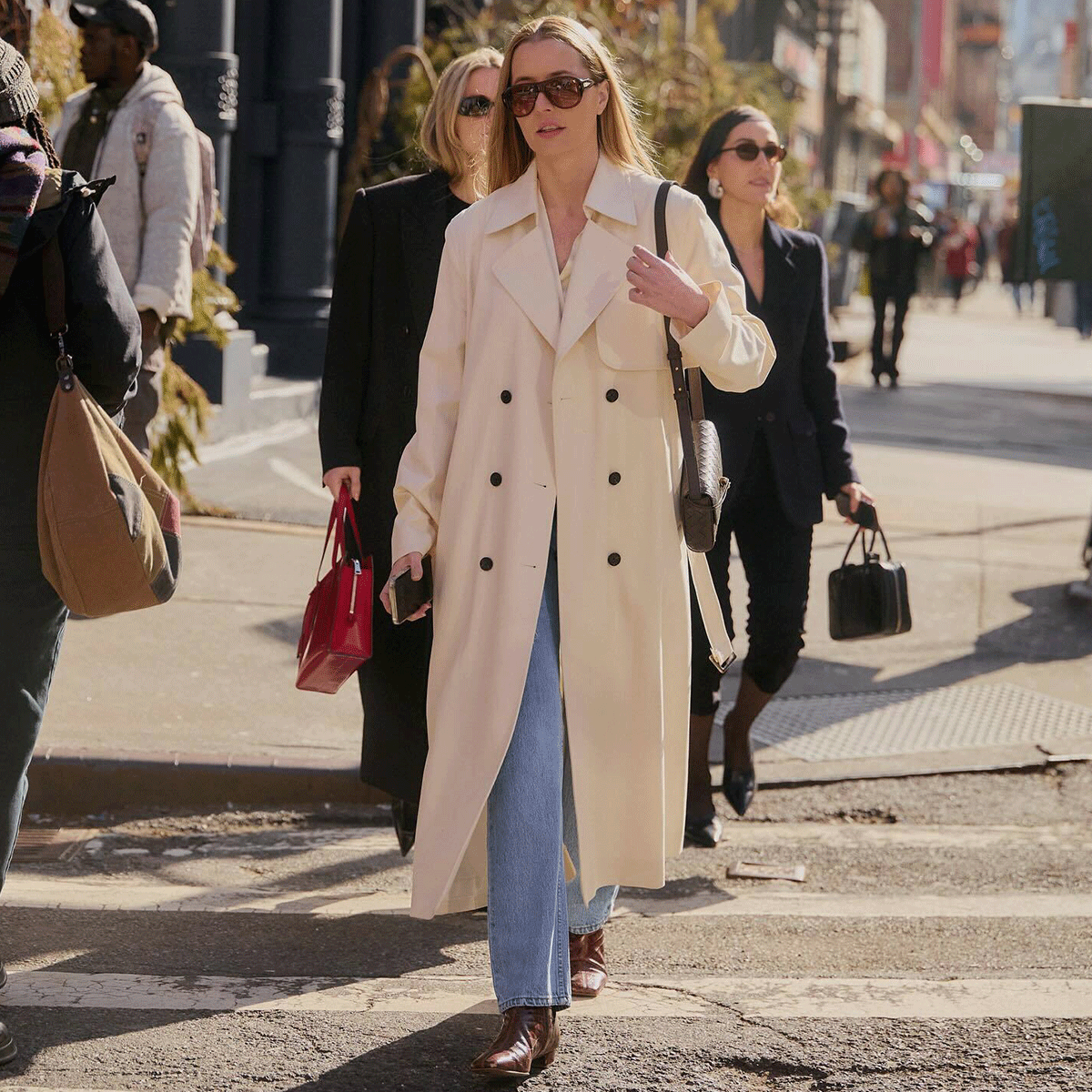 Our Editor Shares Her 2025 Spring Fashion Predictions
Our Editor Shares Her 2025 Spring Fashion PredictionsPlus, the items you can incorporate into your rotation.
By Madeline Hill
-
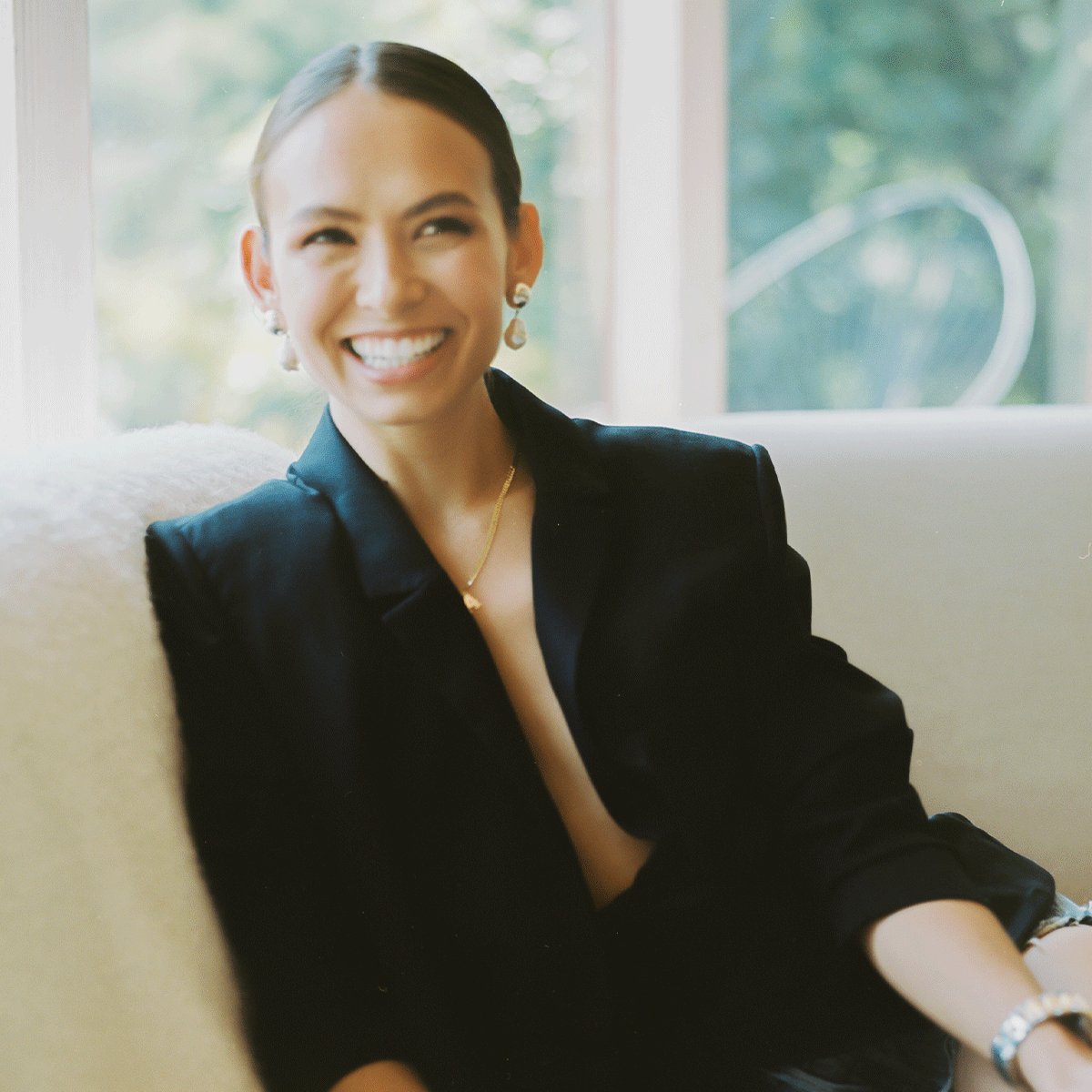 Why Sporty & Rich Founder Emily Oberg Is Launching a Sexual Wellness Line
Why Sporty & Rich Founder Emily Oberg Is Launching a Sexual Wellness LineIt's time for something new.
By Madeline Hill
-
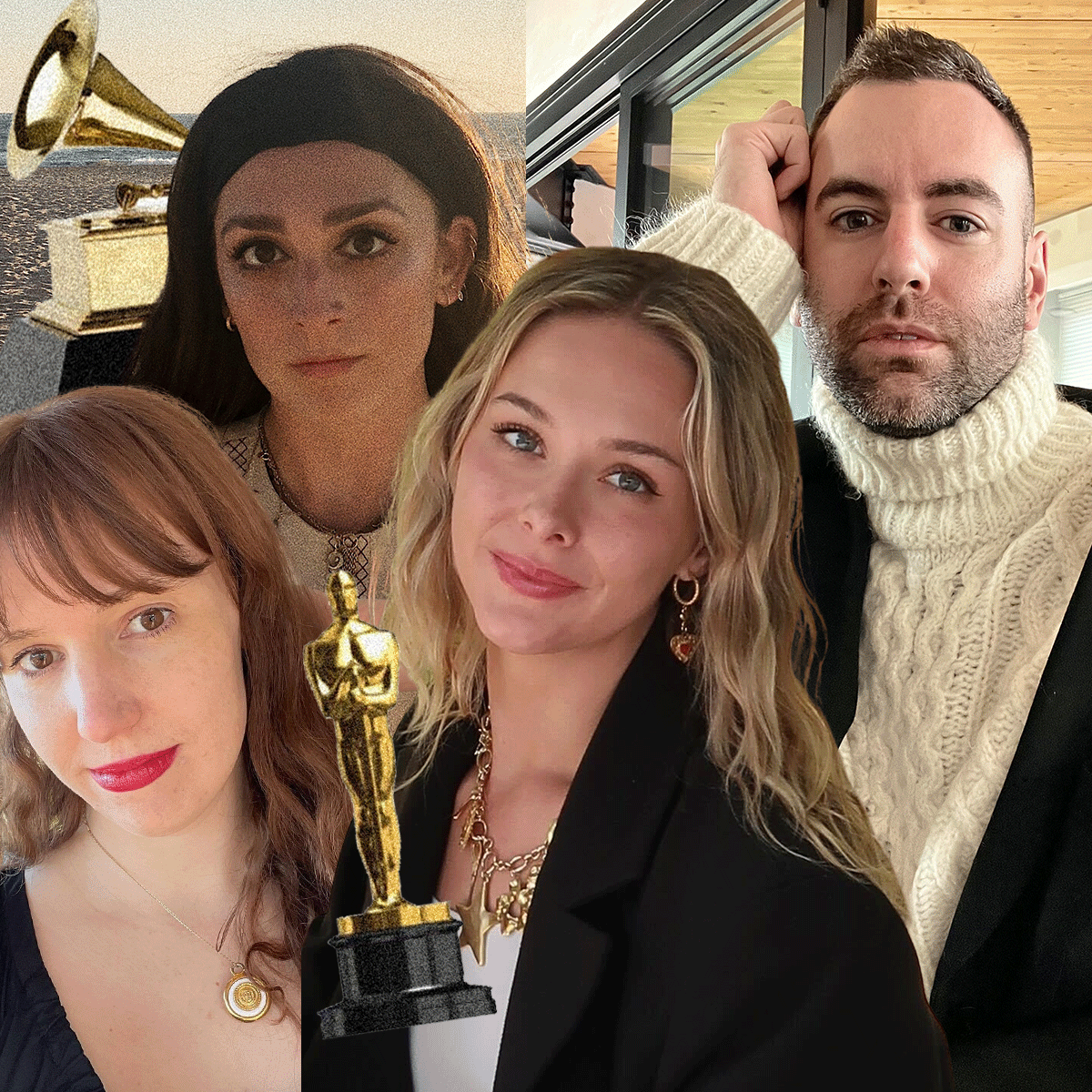 An Award-Season Debrief With Our Editors, From Trends to Top Looks
An Award-Season Debrief With Our Editors, From Trends to Top LooksPlus, we discuss the stylists who've been at the top of their game all season long.
By Claire Schmidt
-
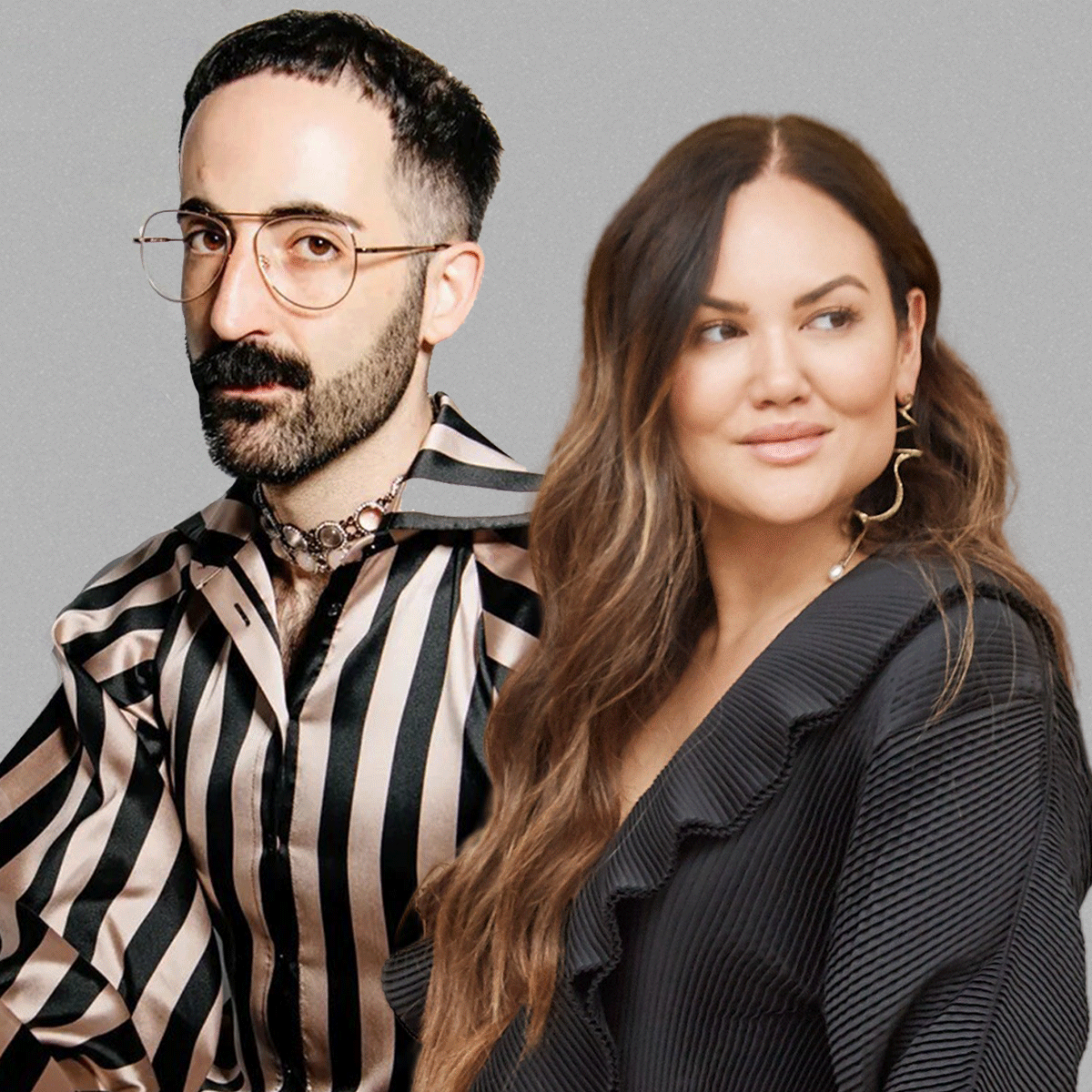 2025 Bridal Predictions From the Minds Behind Wiederhoeft and LOHO Bride
2025 Bridal Predictions From the Minds Behind Wiederhoeft and LOHO BrideMaximalism is in.
By Madeline Hill
